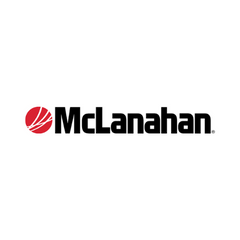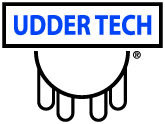Edge Dairy Farmer Cooperative and other ag groups have not sat quietly on the sidelines. We have been arguing that the U.S. needs to be more forceful in pressing for markets for dairy and other ag exports. This is the lobbying equivalent of the player saying, “Put me back in, Coach.” The Trump administration is very focused on reducing imbalances in trade. The strength of our ag sector makes us one of the very best ways to combat trade deficits, but we need to be given the chance.
Edge favors freer and fairer trade wherever possible. Based on his past work, we know that current U.S. Trade Representative Robert Lighthizer is skeptical about the benefits of free trade. It is also apparent from past trade agreements that people can both benefit and be harmed by free trade. American agriculture has most definitely been a big winner from free trade. The North American Free Trade Agreement, U.S.-Korea Free Trade Agreement and others have dramatically increased dairy and ag exports.
Having acknowledged that some parts of the economy are hurt by these same agreements, it would be callous to argue that we want more free trade agreements because we benefit from them and damn the consequences faced by others. Instead, we argue for more free trade agreements because we believe that overall free trade has been beneficial to both the U.S. and the world economies.
Also, and maybe more importantly, we argue for our increased involvement in free trade because that is where the world is heading, whether we like it or not. We might be off the field, but the game is still being played.
In early February, Japan and the European Union inaugurated what they call the “largest open trade zone in the world.” The new treatment that European exports will receive in Japan will disadvantage those from America, including various U.S. agricultural products. If we would have stayed a part of the Trans-Pacific Partnership, we would have been able to ink a deal that included the Japanese market before the Europeans. Instead, we pulled out and the agreement went on without us.
Global trade is complicated. It may not be fair to reduce it to a sports metaphor, but the reality is free trade and all the gamesmanship that comes with negotiating it are not reversible. It is not even slowing down. The only question is are we going to play the game or not. ![]()
John Holevoet is director of government affairs with Edge Dairy Farmer Cooperative, a milk testing verification services and market information co-op serving dairy farmers in eight Midwest states.
—From Edge Dairy Farmer Cooperative news release




